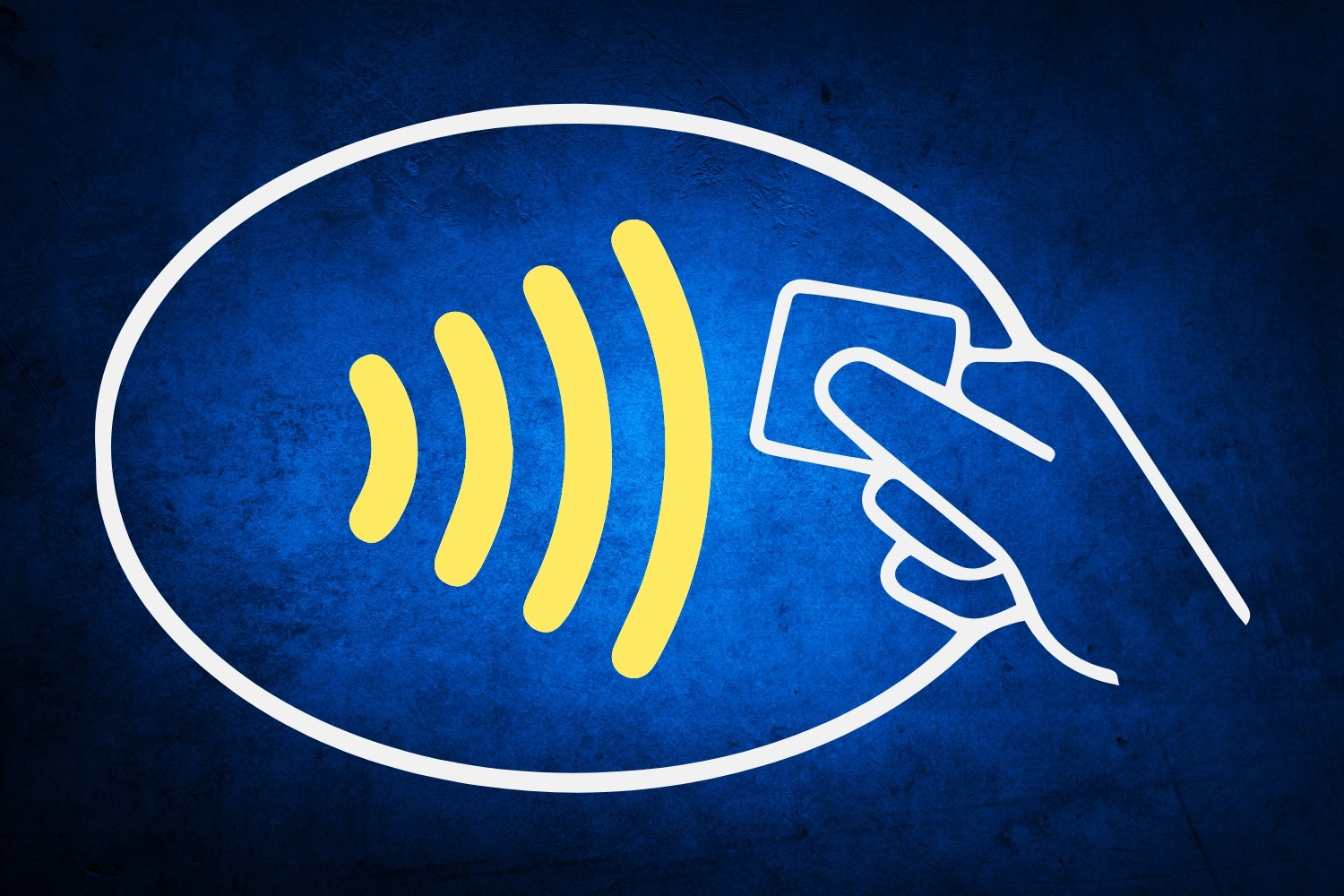
A Beginner’s Guide to Merchant Services

Whether you’re a budding entrepreneur, a small local shop, or a growing enterprise, merchant services can significantly impact the way you conduct transactions and manage your finances. These services, which range from payment processing to fraud mitigation, give businesses the tools they need to streamline sales, track cash flow, and thrive in the economy.
The term “merchant services” is a broad phrase that encompasses many things. We’re here to break down the components, look at how merchant services are priced, and talk about who can benefit most from these features.
What are merchant services?
Merchant services refer to a wide range of financial solutions that businesses use to accept and process payments from customers.
These services, which are often tied to a business bank account, are essential for businesses that engage in various forms of commerce, whether they operate in physical stores, online, or both. Typically offered by credit unions, banks, and third-party providers, merchant services help facilitate transactions, manage payments, track finances, and ensure the smooth flow of funds between customers, merchants, and financial institutions.
Check out our free treasury management services
Pay zero fees¹ on banking or treasury management services.
What is included with merchant services?
The following are some of the features that you can expect to see offered by a merchant services provider. Keep in mind that while these are all features that fall under the umbrella of merchant services, not every provider offers these features.
1. Point-of-Sale Systems
Merchant service providers enable businesses to accept various forms of payments, including credit cards, debit cards, mobile payments, and electronic checks. They provide the necessary infrastructure and technology to do this— and much more— with point-of-sale (POS) systems.
POS systems are powerful tools that offer features like:
- Hardware and software for payment processing: The most fundamental role of a POS system is to process payments from customers. This includes accepting various payment methods such as credit cards, debit cards, cash, checks, and mobile payments with both hardware devices (payment terminals, touchscreen registers, barcode scanners, receipt printers, etc.) and the software that powers them.
- Inventory management: POS systems help businesses keep track of their inventory levels. When an item is sold, the system deducts it from the inventory, allowing the business to monitor stock levels and reorder products as necessary. Some advanced POS systems can also provide insights into popular items and help with inventory optimization.
- Sales reporting and analytics: POS systems generate detailed reports on sales activities, including daily, weekly, monthly, and yearly sales figures. This data can be valuable for making informed business decisions, tracking trends, and assessing the performance of products or services.
- Customer management: Many POS systems include customer relationship management (CRM) features. These features enable businesses to collect customer data, track purchase histories, and create customer profiles. This information can be used to implement loyalty programs and personalized marketing campaigns.
- Security: POS systems are designed to handle sensitive customer payment data securely. They often incorporate encryption and compliance with industry standards, such as Payment Card Industry Data Security Standard (PCI DSS), to protect against data breaches and fraud.
POS systems are used across industries and come with a variety of features to meet differing needs. The choice of a POS system depends on the specific requirements and size of the business. Smaller businesses may use simpler, tablet-based POS systems, while larger enterprises might opt for more robust, integrated POS solutions that offer a wide range of features and scalability.
Clover, for example, is a popular name in POS services and offers several systems that can match any business model— from card readers that mount to a smartphone to handheld devices to all-in-one stations designed for larger operations.
2. Credit Card Readers and Other Hardware
While credit card readers and other in-person transaction hardware may be part of a POS system, merchants may also be able to acquire these components separately.
3. Online Payment Gateways
For e-commerce businesses, a shopping cart is crucial. It allows customers to make secure online payments through a website or mobile app. The payment gateway encrypts sensitive payment data to protect against fraud.
Again, while many modern POS systems can integrate with e-commerce platforms and payment gateways, this may be a separate service.
4. Fraud Prevention
Many merchant service providers offer tools and services to detect and prevent fraudulent transactions. This includes real-time fraud monitoring, transaction verification, and chargeback management.
5. Currency Conversion
Some merchant service providers offer currency conversion services for businesses that operate internationally, allowing them to accept payments in different currencies and settle in their preferred currency.
6. Customer Support
Reliable customer support is essential, as businesses may encounter issues with payment processing or require assistance with their merchant accounts. Merchant service providers typically offer customer support to address these concerns.
Overall, merchant services play a crucial role in enabling businesses of all sizes to accept payments from customers securely and efficiently, ultimately facilitating commerce and revenue generation. Businesses typically choose merchant service providers based on their specific needs, industry, and the types of payments they wish to accept.
How much do merchant services cost?
Merchant services are typically paid for through a combination of fees and charges. The specific fees and pricing structure can vary depending on the merchant service provider, the type of business, and the volume of transactions.
Here are some common ways in which merchant services are paid for:
- Transaction fees: Transaction fees are charges applied to each individual payment transaction processed through the merchant service provider. Transaction fees are often composed of interchange fees (fees paid to card-issuing banks) and fees charged by the merchant service provider.
- Monthly fees: Many merchant service providers charge flat monthly fees for the use of their services. These fees may cover various services, including access to payment processing equipment, software, customer support, and reporting tools.
- Equipment fees: If you require hardware like point-of-sale (POS) terminals, card readers, or payment processing equipment, you may need to purchase or lease this equipment, which can involve one-time costs or ongoing leasing fees.
Comparing multiple providers and understanding the full cost of using their services, including all potential fees, can help businesses make the right decisions and choose the merchant service provider that aligns with their budget and needs.
Who needs merchant services?
Of course, businesses can operate without the help of merchant services. For example, freelancers may be able to operate solely by accepting check payments from clients. A small, family-run ice cream shop may be a cash-only establishment that takes their daily earnings straight to the bank each day.
The following situations are instances when merchant services become necessary for small businesses:
- You want to accept debit and credit cards: If your small business primarily deals with cash transactions but wants to expand its customer base and cater to those who prefer using credit or debit cards, merchant services become essential. Accepting card payments can increase sales and make it more convenient for customers to do business with you.
- You want to accept mobile payments: With the increasing popularity of mobile wallets like Apple Pay and Google Pay, offering mobile payment options can attract tech-savvy customers. Merchant services can enable your business to accept these forms of payment.
- You want to expand to e-commerce: If you’re planning to sell products or services online, you’ll need an online payment gateway and the ability to accept payments over the internet. Merchant services can provide the necessary infrastructure and security for online transactions.
- You want to streamline payment processing: If you want to streamline the payment process and reduce the time spent on cash handling and manual record-keeping, merchant services are a solution.
- You want to better track sales and inventory: Merchant services can make it easier to track your business performance and inventory levels, allowing you to focus on growing your business.
In short, if you’re ready to attract more customers, offer greater convenience, scale up your sales, and focus on other aspects of running your business, you might be ready for merchant services.
Explore Merchant Services
Think merchant services may be right for your small business? Begin by exploring different providers and their services to start your journey towards a thriving, more efficient business!
Merchant Services that Connect You
Amplify partners with Fiserv, a comprehensive payment service provider. Take your small business to the next level!




